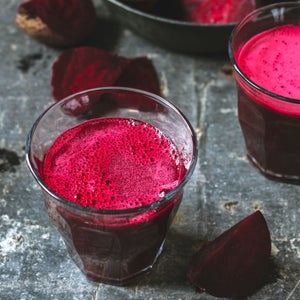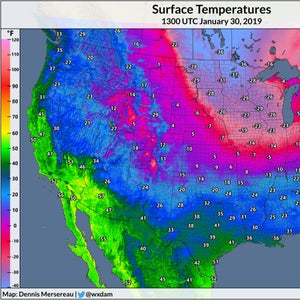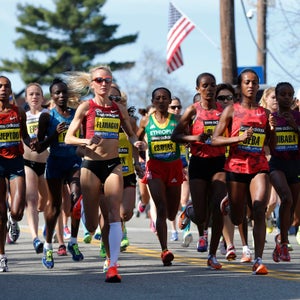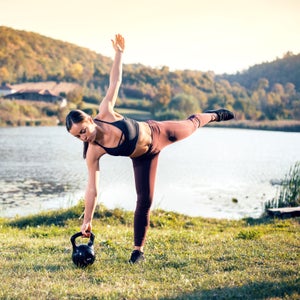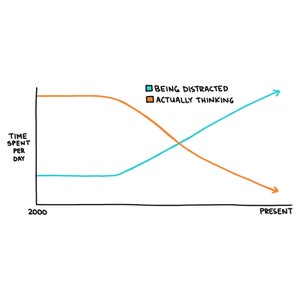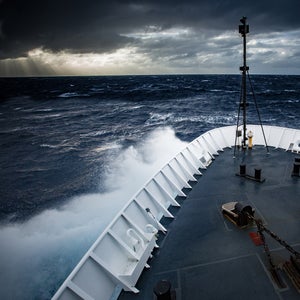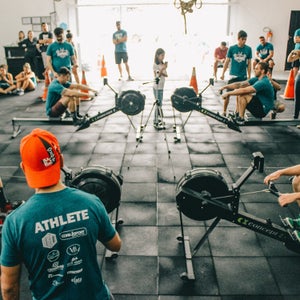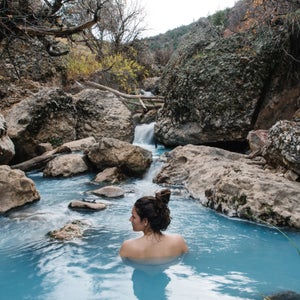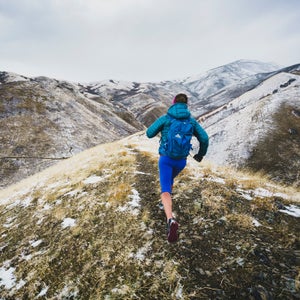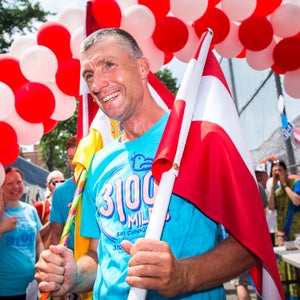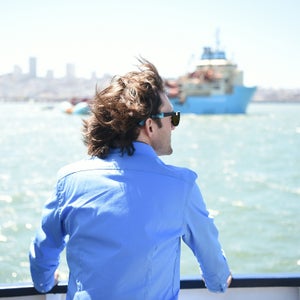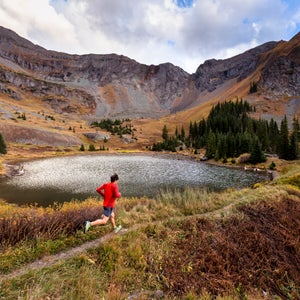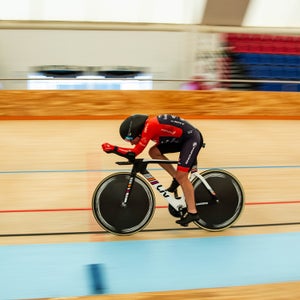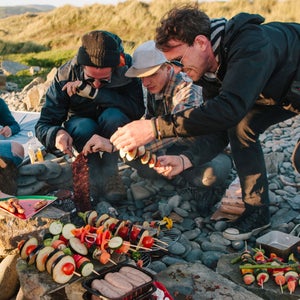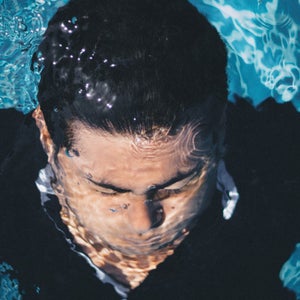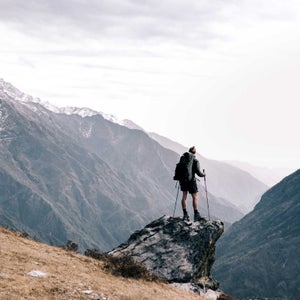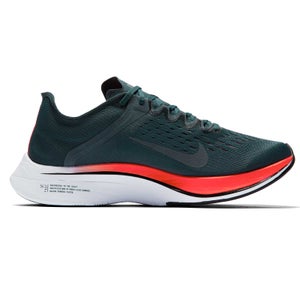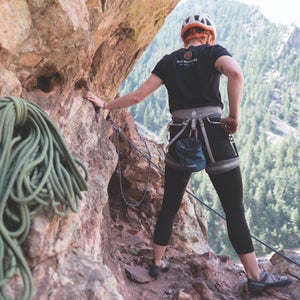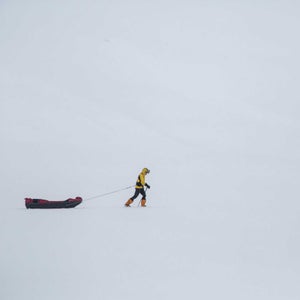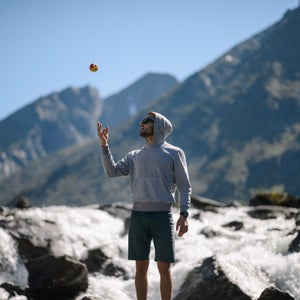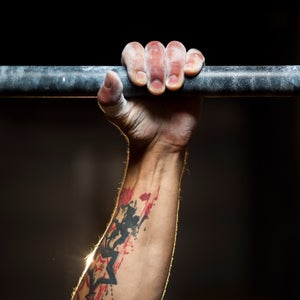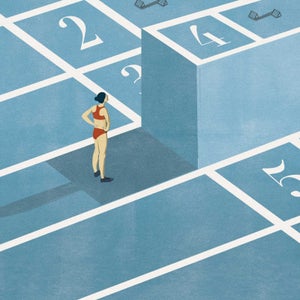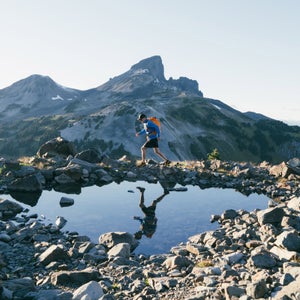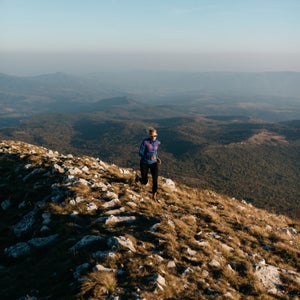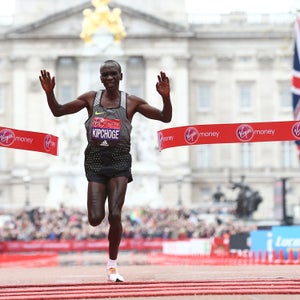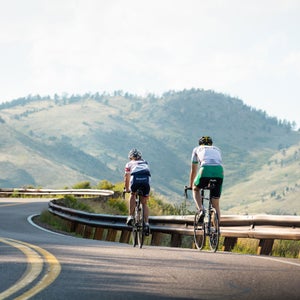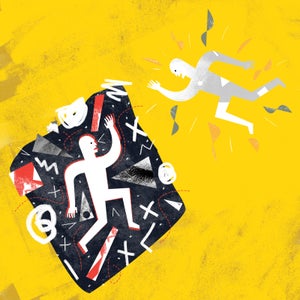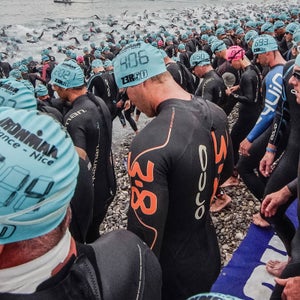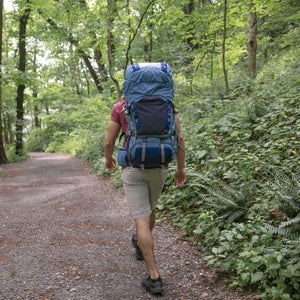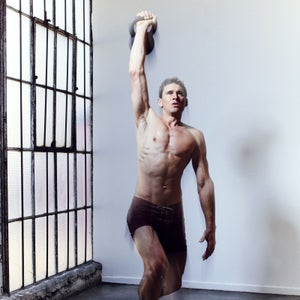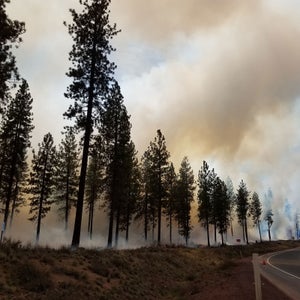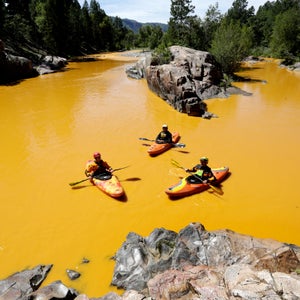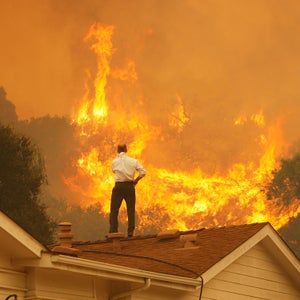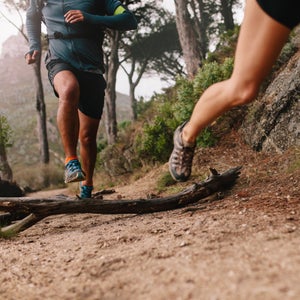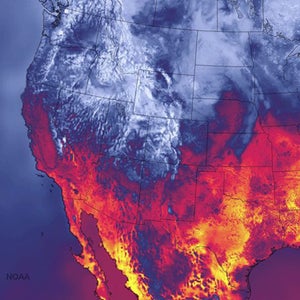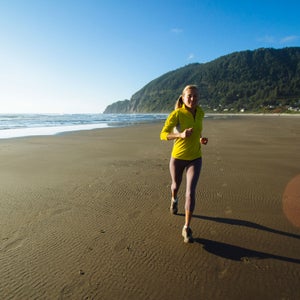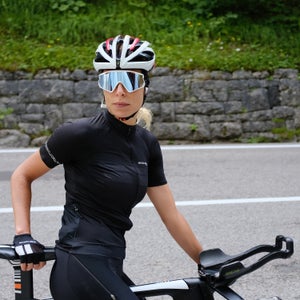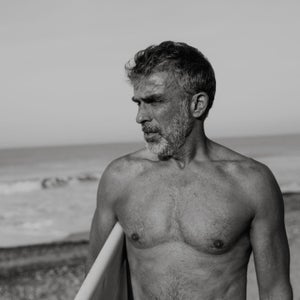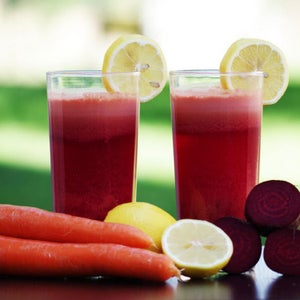Science
ArchiveThe latest film from Patagonia and filmmaker Jordan Manley, ‘Treeline’ explores an integral part of the skiing landscape—trees
The benefits of beet juice seem to be weaker in trained athletes. They just need more of it, a new study suggests.
A new multi-study review finds no advantage to following a hydration plan compared to simply drinking when you feel like it
Think of the weather as your mood and the climate as your personality: your mood changes each day, whereas your personality is the sum of all those moods over the course of years
Looking to boost your athletic performance? Start with your music.
A detailed analysis of historical Boston results wades into the long-running debate on sex differences in endurance
Trying really hard works—and then it gets in your way
A mixed workout program produces the best heart health outcomes, a new study finds
Step into the void
Yet it—along with its meteorologists—is struggling through the shutdown
There's more to it than just trying really hard
New research confirms that a week of hot tub sessions helps your body adapt to heat
Researchers explore how your brain chemistry may start dulling pain and boosting mood before you even take a step
There are a lot of tough endurance races, but the hardest one of all might take place on a single block in Queens, New York
After four months at sea, wunderkind inventor Boyan Slat's $360 million system is being towed back to port without having collected any plastic debris
We know that cognitive function is impaired at high altitude, but it’s not entirely clear why
Keep it simple. Consistency is key. Get out of your own way.
Real-world data shows elite ultrarunners average 180 steps per minute—and that means nothing
There's one realistic thing we can do to survive the new era of giant blazes: build smarter communities that can take the heat
There's a fine line between dialing back exercise during the holidays and losing your fitness altogether
New research finds weightlifters have stronger tongues and runners have better tongue endurance—and that matters
Plotting top-100 marathon times for the past decade shows that Eliud Kipchoge’s world record is a huge outlier. The question is why.
Advocates of drilling in the Arctic National Wildlife Refuge are trying to make an end run around the law and the American people. If they succeed, your backyard conservation area could be next.
Setting cycling's hour record hurts so much that it's been called death without dying. So what does it take to get past the discomfort?
What the new data says about how long the average hiker takes, what they drink, and how tired they get
At the 2016 world championships in Qatar, cyclists swallowed thermometer pills before competing. Here’s what scientists learned.
The freedom to move and play outside inspires creativity and improved brain function
You don’t really need more gear. You need knowledge and inspiration.
Ecologist Lauren Oakes’s new book, ‘In Search of the Canary Tree,’ puts a human face on a crisis we created
It's never a bad time to re-evaluate your digital addiction
Dietary fiber contains prebiotics, compounds that boost the growth of beneficial bacteria
To fuel for athletic success, consider specificity, periodization, and personalization
To become an Air Force pararescue specialist, you have to get through a brutal training course and stay underwater for a long, long time
Beat the winter blues by turning your lawn into a laboratory
A U.S. Army study aims to pin down the optimal staging protocol before high-altitude tests of endurance
Unraveling how a carbon fiber plate and space-age foam combine to make a more efficient shoe turns out to be trickier than expected
Nonprofit the Phoenix has a radical idea for those recovering from drug and alcohol addictions—get moving
Colin O’Brady thinks it’s possible—but just barely—to haul enough calories to traverse the continent. Here’s how.
What you eat changes how you feel. These foods are the best for your brain
Pioneering scientist Dr. Rhonda Patrick talks to Tim Ferriss about smarter approaches to popular lifestyle interventions
An ode to those who can't sit still
There's only one way to do 10,000 pull-ups in under 24 hours: Reset the limits of the human body
For years, female athletes have relied on training protocols, injury guidelines, and nutrition plans based on research conducted with men. That's starting to change.
A new study suggests that hitting the gym more than twice a week is counterproductive. That seems unlikely.
A new study suggests that running on autopilot is the most efficient approach.
A new study finds that having “elite” levels of aerobic fitness increases longevity relative to merely “high” levels.
What the admittedly confusing categorization actually means
Success in sports or at work is almost never about a single monumental shift
As head of Cornell University's Food and Brand Lab, Brian Wansink built a career portfolio out of questionable research practices. His resignation has prompted a call for massive reforms in the profession.
Research on a pro cycling team suggests that subjective training metrics can match high-tech ones
A tweak to the CMAH gene could be key to humans' running superiority
It’s no secret that coral reefs are in trouble, however, scientists are using modern techniques to revitalize the reproduction of reefs.
The 33 special agents assigned to the Investigative Services Branch handle the most complex crimes committed on NPS land. When a day hike in Rocky Mountain National Park ended in a grisly death, ISB veteran Beth Shott hit the trail, where she began unraveling a harrowing case.
What if striving to be great is what's holding you back?
Evolutionary biologists weigh in on the eternal training dilemma of how to allocate time and energy to three different disciplines
A small Arctic community is at risk of getting submerged by the sea. The biggest problem? It's too expensive to move away.
Physiologist Alena Grabowski is studying whether prostheses give athletes a competitive advantage
A crowdfunding project promises to bring smoother pack-carrying experiences to the masses
There's a reason that some form of the Bigfoot legend persists all over the world
An everyday athlete's guide
There really is a massive difference between weather alerts depending on where they're issued. The question is: Can you handle the heat?
From virtual-reality meditation to infrared saunas, these are the latest innovations and insights for improving your well-being
That run or bike commute might impact you more than you think
A new study explores attitudes toward performance-enhancing drugs in the ultrarunning world
It's the 50th anniversary of the Wild and Scenic Rivers Act, and our waterways are in more danger than ever. These reads explain what's going wrong—and how to fix it.
Falls put 3,000 climbers a year in hospital, costing more than $20 million, according to a new study
Losing your home to a wildfire is often just the start of your troubles
New research zeroes in on an unlikely culprit for why running gets less efficient as you fatigue.
Is it even possible to reduce the number of massive blazes that are now commonplace in the American West?
A new study bolsters the claim that afternoon or evening workouts can mess with sleep. But don’t panic just yet.
The optimal number of sets in the weight room depends on whether you want to get big or strong
The benefits are still murky, but experts say there's no harm in adding more to your diet
An Italian cyclist takes aim at the sport’s most storied record, with the aid of a controversial fuel.
On the harder-to-measure benefits of age and experience
How do you protect yourself from wildfire on a warming planet? You burn everything on purpose.
Our writer and favorite curmudgeon completed UC Berkeley's ten-week Science of Happiness online course. Did it make him happier? Not really. But he still came away with some important, if obvious, rules to live by.
Exposure to extreme environments can change our DNA. Everest climbers—and their twins—are the perfect study subjects.
Lots of patient meditations on nature and one exciting outlaw drama made for Hollywood
Your body could use a boost, but a cleanse isn't the answer
A massive new study confirms the mental health benefits of exercise. Don’t let the negative spin get you down.

